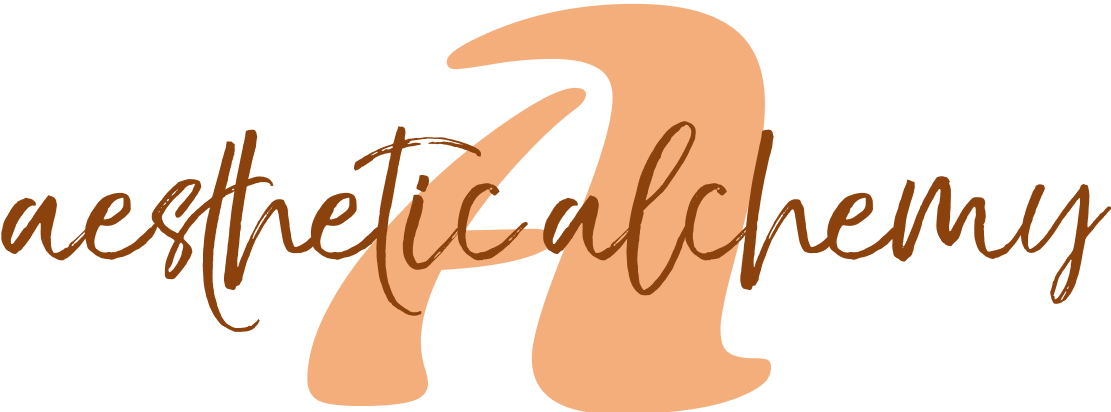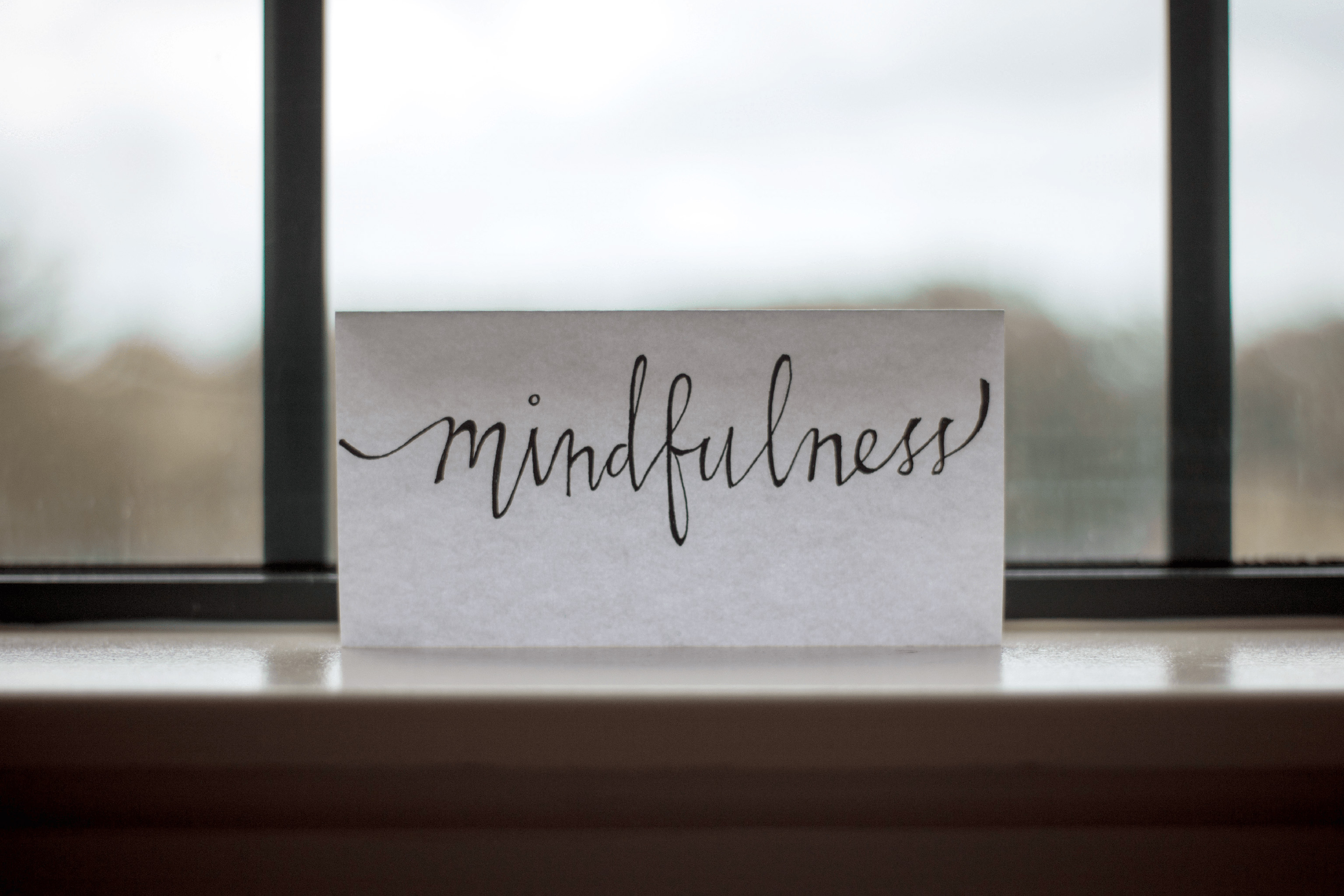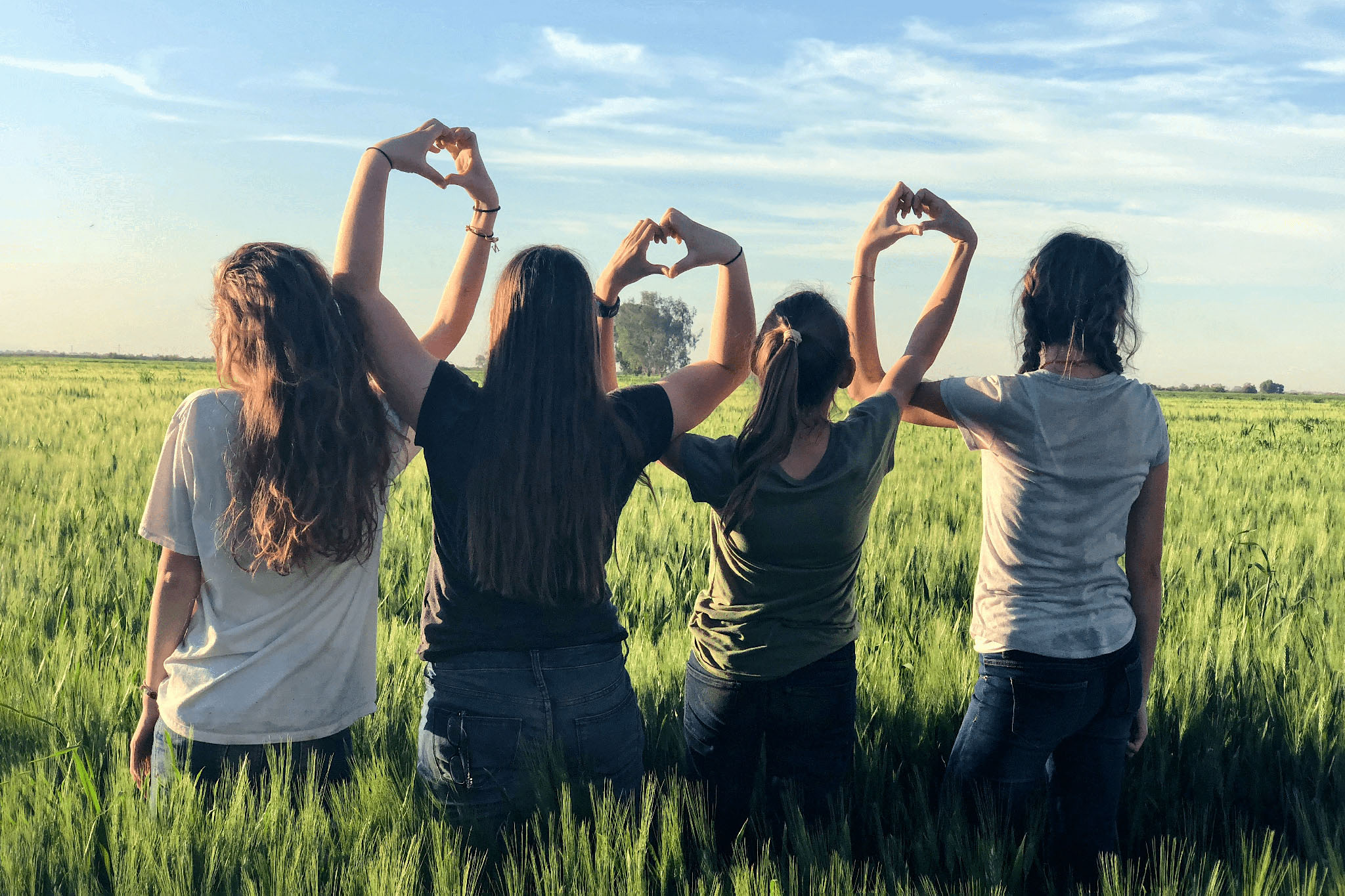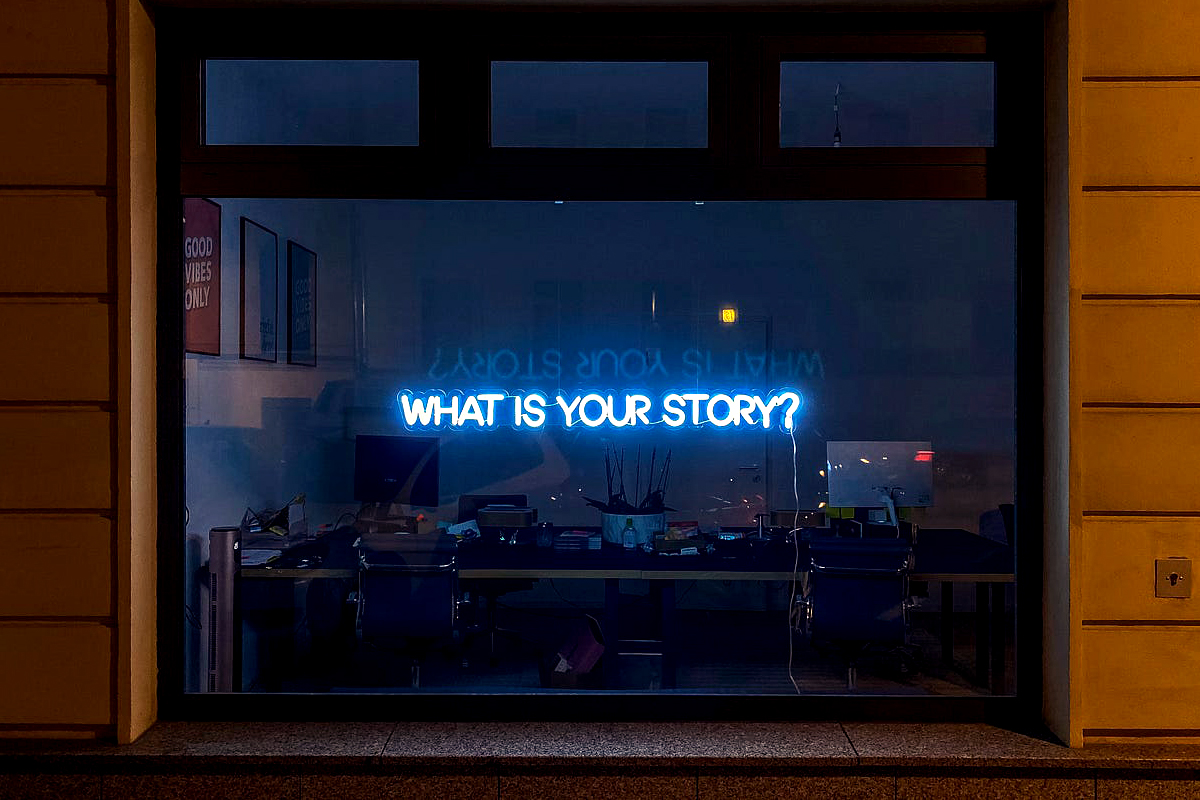

Jun 4, 2023
Invisible chronic illnesses affect millions worldwide, yet they remain largely misunderstood due to their unseen nature. This blog post aims to shed light on this hidden world, from understanding the intricacies of living with such conditions, to exploring coping mechanisms, support systems, and the impact on social and professional life.

Living with invisible chronic illnesses is a daily journey of resilience and self-discovery. My life is a testament to this, as I live with several conditions including Ehlers-Danlos Syndrome, Dysautonomia, Postural Orthostatic Tachycardia Syndrome, Bipolar Disorder, Chronic Pain Syndrome, Gastroparesis, and Small Fiber Neuropathy. It's a battle often misunderstood by others, as our symptoms remain unseen and our struggles unvoiced. I remember the time when I was severely malnourished, requiring daily IV fluids and round-the-clock enteral feeds. Accepting that I needed these life support systems was one of the biggest turning points in my journey, a stark reminder that this was my new reality.

One of the most challenging aspects of invisible chronic illnesses is the profound, debilitating fatigue. It's not just feeling "tired" or "sleepy." It's a fatigue that shackles you to the bed, refusing to let you participate in life. Conversations become impossible, focus a luxury you can't afford. It's a symptom common to many invisible chronic illnesses, and it's one that is often misunderstood. Despite how much we want to participate in society, the severity of our symptoms often stands as an insurmountable barrier.
Adjusting to life with invisible chronic illnesses involves a complete shift in daily routines and mindset. From never having to worry about medications, now I find myself on a regimen of over 20 different medications at four different times of the day. I have to meticulously plan my nutrition and hydration, something I never had to do before. But perhaps the most exhausting adjustment is the constant need to wear a "mask," to present a facade of wellness in a society that often misunderstands or dismisses our experiences. It's a daily struggle, but it's also a testament to our resilience.

Living with invisible chronic illnesses necessitates the development of coping strategies. For me, engaging in light exercise, even something as simple as walking around my room for a minute, can break the cycle of symptoms or pain. Mindfulness and relaxation techniques provide a necessary refuge, a space to breathe amidst the chaos of our conditions. I've found Cognitive Behavioral Therapy (CBT) to be instrumental in transforming negative thought patterns and fortifying my coping skills. Lastly, getting enough sleep is not just a recommendation, but a requirement; days when I sleep too little or too much, my symptoms become significantly worse.
Our mental health is often the unseen casualty of invisible chronic illnesses. From diagnosis to acceptance, the journey is riddled with potential pitfalls for depression. It can feel like a daily battle to keep your head above water. For me, feelings of isolation, anxiety, stress, and even grief have been frequent companions. Mourning the loss of my former abilities and lifestyle was an unexpected side of this journey. However, with psychotherapy and CBT, I've learned to combat these negative thoughts and refine my coping skills. Maintaining a daily routine, which includes taking medications as prescribed, practicing self-care, and more, has also been a pillar of my mental health support.

There's a profound comfort in finding a community that understands your struggle, and for those with invisible chronic illnesses, support groups and peer networks serve this purpose. They're a sanctuary where we can express our feelings and learn from others navigating similar challenges. For me, these groups have been a lifeline, reducing feelings of loneliness and isolation. They're also a platform for empowerment, allowing us to collectively advocate for our needs in healthcare and broader society. There's an undeniable strength in numbers, and together, we're making our invisible illnesses visible.
Living with invisible chronic illnesses has a profound impact on our personal relationships. In my case, many friendships have faded away, unable to withstand the strain of misunderstanding and the chasm of our now-different lives. However, amidst these losses, my relationship with my family has evolved into something deeper and stronger. My parents and sister, though they wrestle with the reality of my illnesses, have become my bastion of support. There's an openness, a vulnerability in our relationship now that was never there before, a testament to the transformative power of adversity.
One of the most challenging aspects of living with invisible illnesses is the lack of understanding and awareness. It's an uphill battle, trying to explain the reality of an illness that remains unseen. But it's a battle I'm committed to fighting. I strive to educate and spread awareness at every opportunity, knowing that while others may never truly grasp my experiences, the effort to enlighten them is worthwhile.
Invisible chronic illnesses don't just change our personal lives; they alter our professional trajectories too. I can no longer meet the demands of a traditional 9-5 job, and have had to recalibrate my career aspirations. Yet, in this challenging transition, I discovered my true passion: graphic design. My journey with chronic illness was instrumental in this revelation. It forced me to reevaluate my life and, in doing so, led me to a career that truly sparks joy and fulfillment.

Invisible chronic illnesses may not be seen, but their impact is profoundly felt. They reshape our lives, but they don't define us. We are more than our illnesses. This journey is as much about acceptance and resilience as it is about struggle. As we continue to navigate this path, let’s remember to extend kindness and understanding to ourselves and others grappling with similar conditions.
We have the power to bring invisible chronic illnesses into the light. Share this post to help spread awareness and foster understanding. Together, we can make a difference.